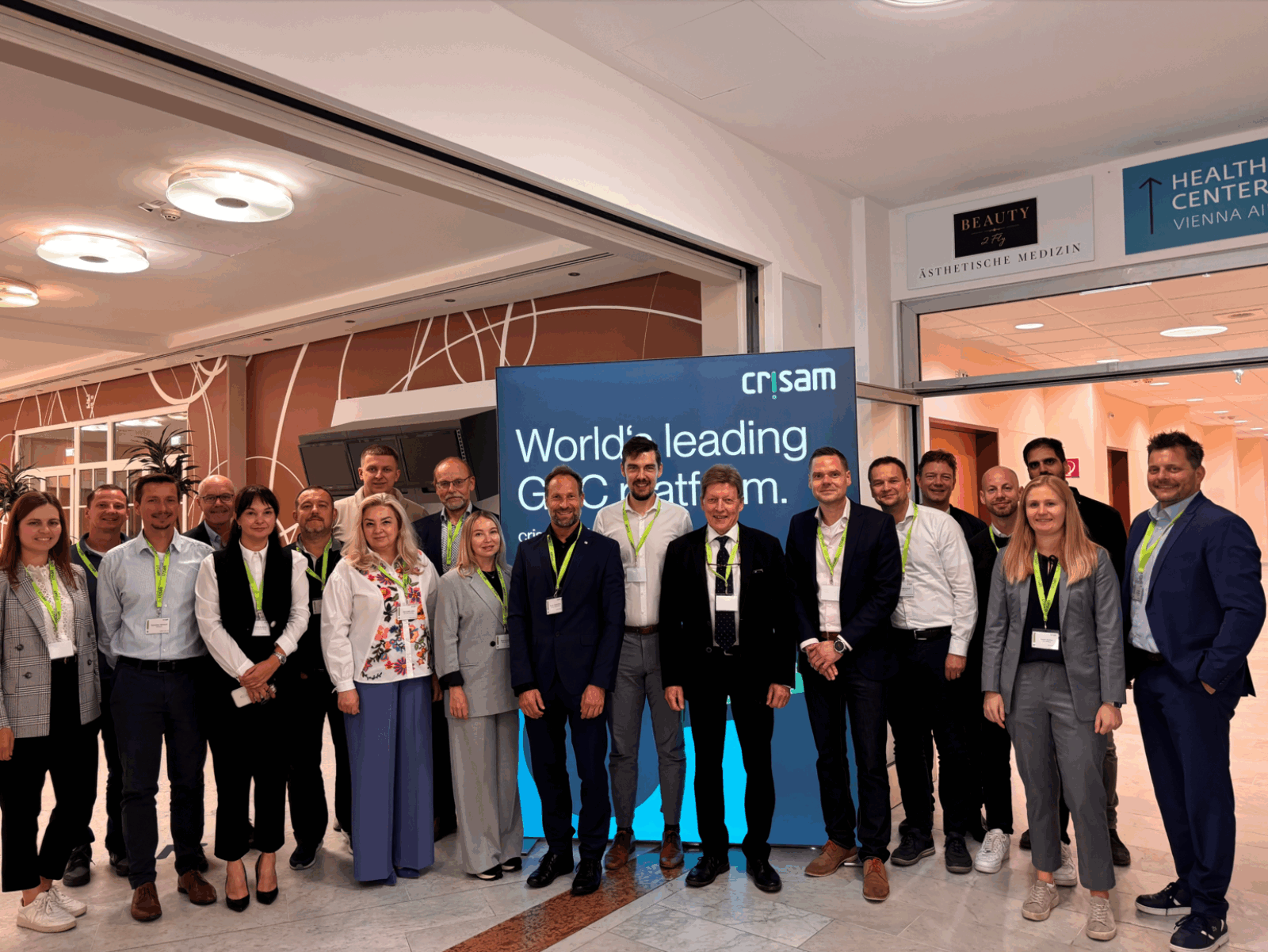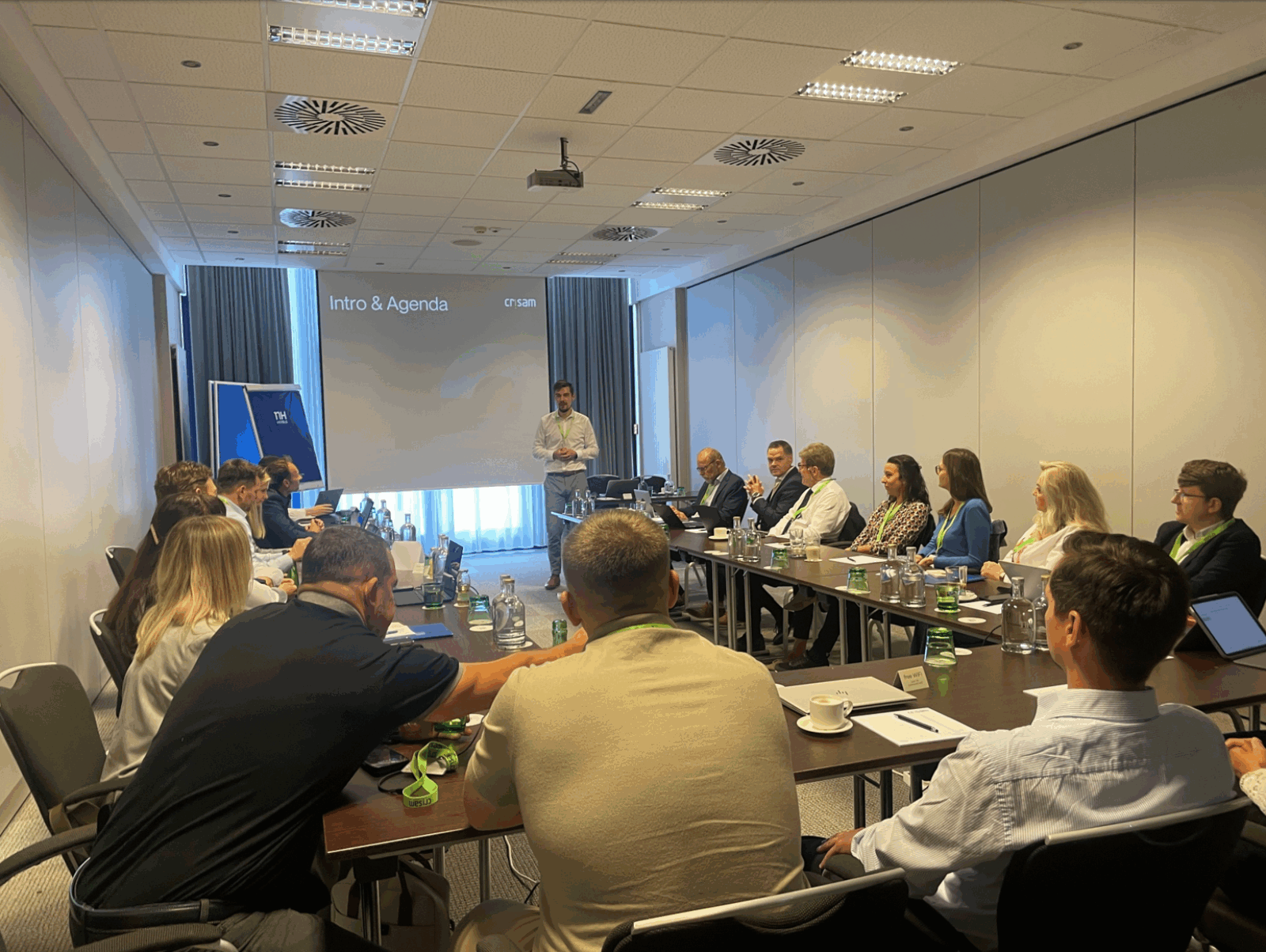

The dialogue went far beyond the project level. At the enterprise level, TSOs are dealing with uncertainties driven by European regulation, the EU Green Deal and the Corporate Sustainability Reporting Directive. Geopolitical instability, rapid technological developments in hydrogen, storage and digitalization, and the physical impacts of climate change were also identified as major drivers of uncertainty.
Participants highlighted the financial side of risk management, with inflation, volatile interest rates and changing cost-of-capital rules creating new challenges for long-term planning. At the same time, expectations from regulators, investors and society around ESG and sustainability are reshaping corporate risk cultures.

To respond effectively, many TSOs are already experimenting with advanced tools. AI-based agents, dynamic dashboards and predictive analytics offer early-warning capabilities. Scenario planning and stress testing are being linked directly to financial resilience, while ESG materiality assessments and crisis playbooks are becoming part of everyday practice. Importantly, risk culture itself is being embedded more deeply into governance, with independent challenge committees, risk-linked incentives and training programs for managers.

A central theme of the discussions was the increasing scale and complexity of infrastructure projects. Participants spoke about the difficulties of managing qualitative risks, justifying decisions, and integrating project-level risks into enterprise risk frameworks. Shortages of skilled staff, heterogeneous data sources and the simultaneous rollout of a large number of mega-projects were also identified as pressing issues.
Further challenges included lengthy permitting processes, community acceptance, supply chain volatility and contractor capacity bottlenecks. Cross-border projects brought additional regulatory uncertainty, while digitalization and cybersecurity obligations such as NIS2 created new risk dimensions. Environmental constraints and climate adaptation added another layer of uncertainty that TSOs must navigate.
The European Energy Risk Roundtable 2025 showed that risk management is moving to the center of strategic decision-making. As one participant summed it up: “Risk management is no longer a support function—it is central to securing the energy transition. Collaboration across borders and disciplines is key to managing uncertainty while enabling innovation.”
CRISAM® is proud to have hosted this exchange and to contribute to building a stronger, more resilient European energy system. The insights gained will continue to inform the development of risk management practices across the industry.

Spaces are limited, and early registration ensures you won’t miss out on next year’s event.
You are currently viewing a placeholder content from Facebook. To access the actual content, click the button below. Please note that doing so will share data with third-party providers.
More InformationYou need to load content from reCAPTCHA to submit the form. Please note that doing so will share data with third-party providers.
More InformationYou are currently viewing a placeholder content from Instagram. To access the actual content, click the button below. Please note that doing so will share data with third-party providers.
More InformationYou are currently viewing a placeholder content from X. To access the actual content, click the button below. Please note that doing so will share data with third-party providers.
More Information